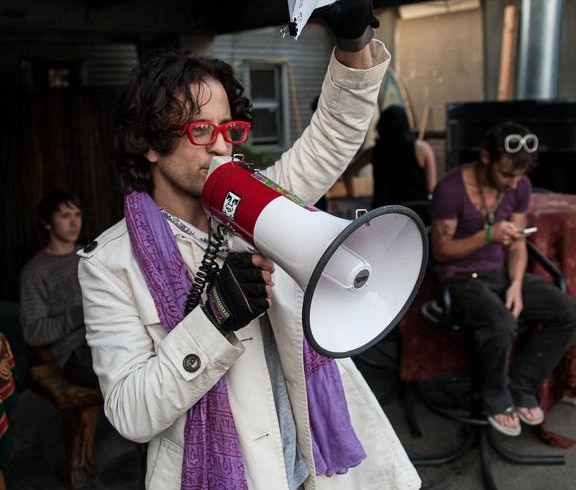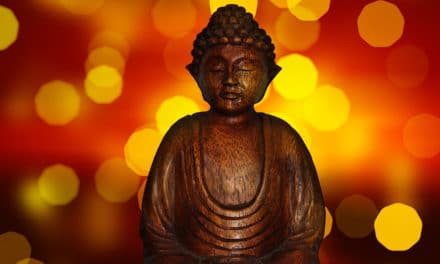Lindsey Slater is the founder of Root Recovery, an ibogaine aftercare center in Austin, Texas. She is also a licensed psychotherapist and CIIS psychedelic therapy and research program graduate who is able to offer medical ketamine-assisted psychotherapy as an option in her aftercare program. Since combining ibogaine and ketamine treatments is a new frontier, I spoke with Lindsey about how these two treatments interact with each other, and when ketamine treatment is a good option for people recovering from addiction or trauma and integrating a recent ibogaine experience. We also discussed ibogaine integration more broadly, and touched on how cannabis can also play a role in the integration process.
Thanks again for speaking with me, Lindsey. Since you’ve been engaged in this work, what have you learned about ibogaine integration, and specifically about ibogaine integration as it relates to recovery? What lessons surprised you?
Ibogaine is a wonderful medicine, but it does leave room for people to do work themselves. Not all people don’t show up here feeling awesome per se, but they do come here without hardcore withdrawals. We give them time to adapt to their environment and nurse them for a while. It’s really important to give them magnesium and other supplements that ibogaine depletes, and then engage them in integration therapy. I’ve developed a protocol using EMDR to help them integrate their ibogaine journey, and I trust the medicine and each person’s psyche to bring up the material they need to work on.
Ibogaine, like other psychedelics, is very archetypal and ancestral. People don’t always know how to make sense of their journey until they engage in integration therapy. So helping people make sense of whatever came up through EMDR connects back to their childhood experiences and to the root of their addiction.
In the first week to two weeks after ibogaine, people have a hard time sleeping. We essentially take the role of mother/father during that period while people are coming back to themselves. We nurture them and care for them until they are more capable, but along the way we are also encouraging them to take more and more responsibility for their day-to-day routines. So we don’t create a dynamic of dependence, but we do show a lot of care and nurturance in the period right after the experience until they get strong. Many addicts don’t have the experience of proper care and affection, and we get to provide that nurturing that often led to addiction in the first place.
You are also a ketamine psychotherapist. Do you ever integrate ketamine therapy in people’s recovery process?
I work at a psychiatric clinic a couple days a week doing ketamine-assisted psychotherapy. It’s not an integral part of our aftercare program, but it’s available for people if they want to explore it. I’ve seen it do some really amazing things for people. We had someone going through benzodiazepine withdrawals and it was extremely helpful in calming those symptoms. Another person who had a lot of trauma in their past found the ketamine treatment to be very transformative. It’s not here on site—it’s at a separate clinic, and available to those who are interested.
How do ibogaine and ketamine interact with each other?
They actually interact really beautifully. The only thing I’m aware of that interrupts the ibogaine process and noribogaine is alcohol. Ketamine seems to work really well with it. A good example of this is that ibogaine can’t address certain issues that ketamine can. I’ve seen some really amazing results with them working together. For example, ibogaine can’t really touch benzo withdrawals, but ketamine does. When people are withdrawing from both opiates and benzos, ibogaine and ketamine work great together. Ketamine can also help people with strong ego defenses to open up during therapy, and go a lot deeper and get more benefits from their therapy with ketamine.
We don’t just do ketamine infusions; we also do ketamine-assisted psychotherapy, so I’m with them for two hours during their peak state and then for that last hour, we’re processing and doing therapy. Ketamine does not undermine the noribogaine at all. They work beautifully together in our experience so far.
That’s fascinating. Speaking of ibogaine and other substances, a friend told me that cannabis and ibogaine work really well together, that their “spirits” are really resonant with each other. Can you comment on that?
Yes, I can see that. Cannabis is of course illegal in Texas, but we do provide CBD to our clients. Ibogaine can cause insomnia for roughly ten days, so we offer CBD to help with that. If it were legal, we’d probably also offer THC as a sleep aid. Addressing the sleep deficit and some of the anxiety that comes along with the production of noribogaine, I can see how cannabis could be an ally in that process.
We are very grateful to Lindsay for speaking with us about her work. To read our first interview with Lindsey and her partner Ray about Root Recovery, click here.










